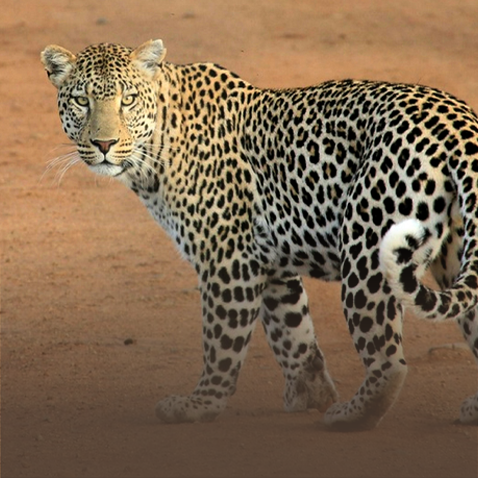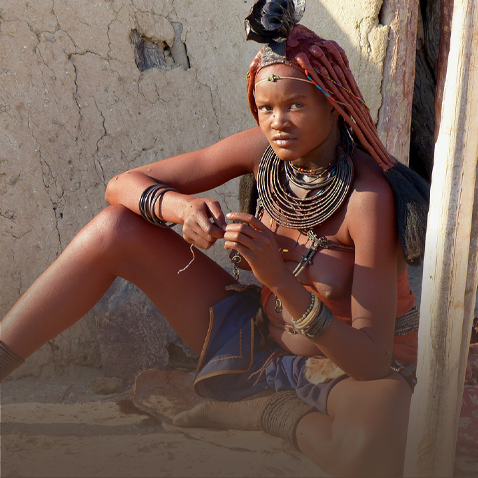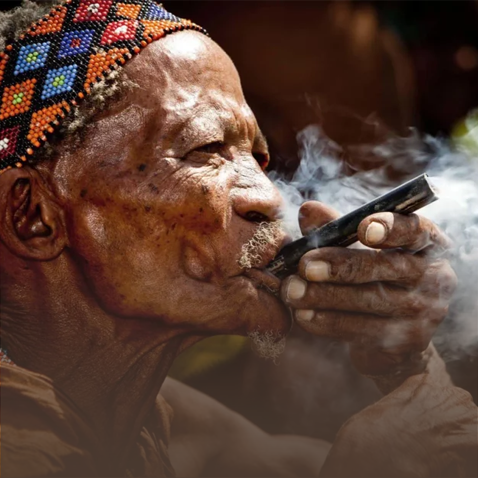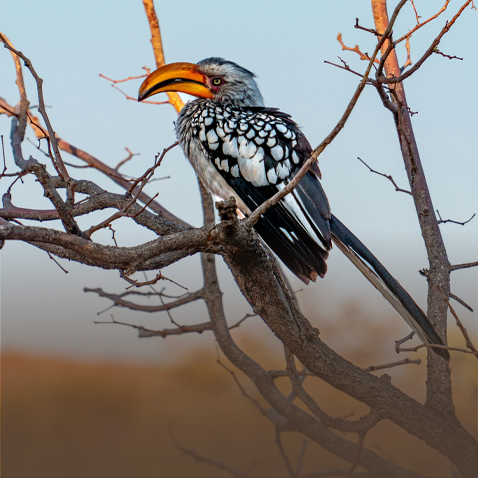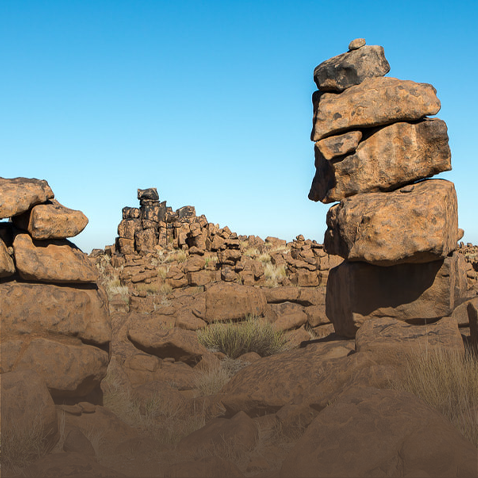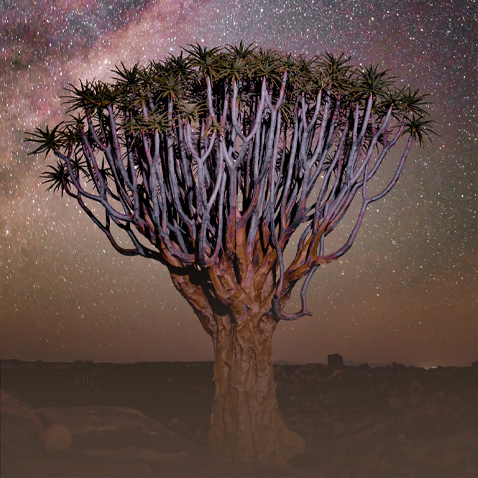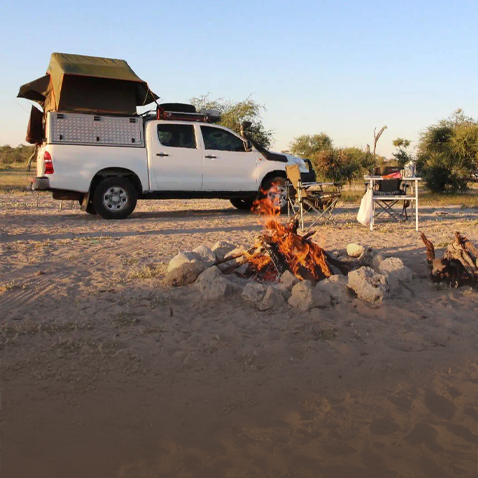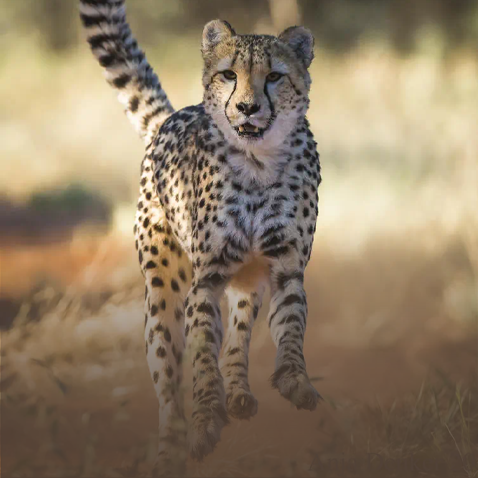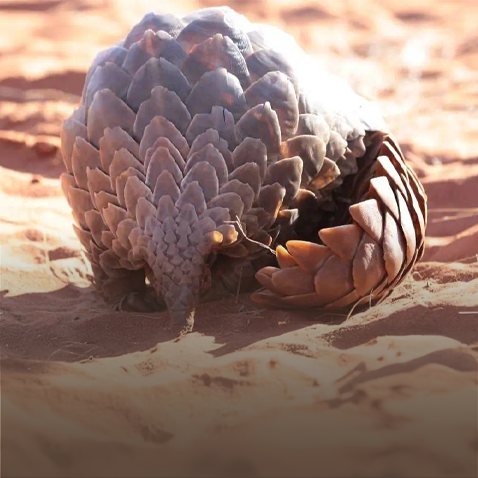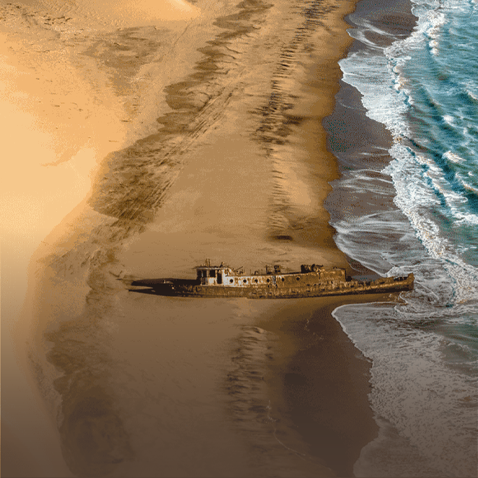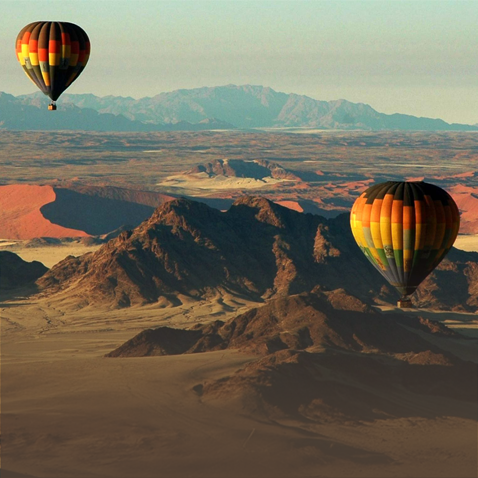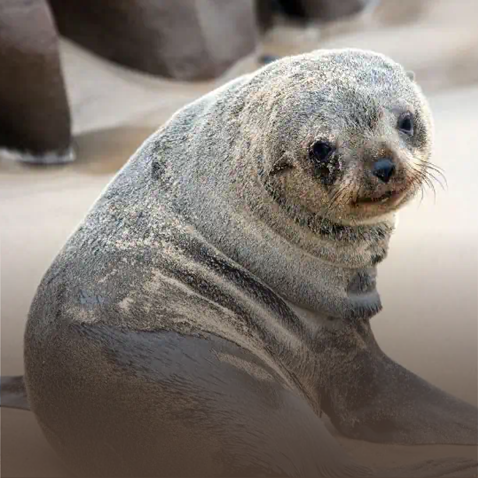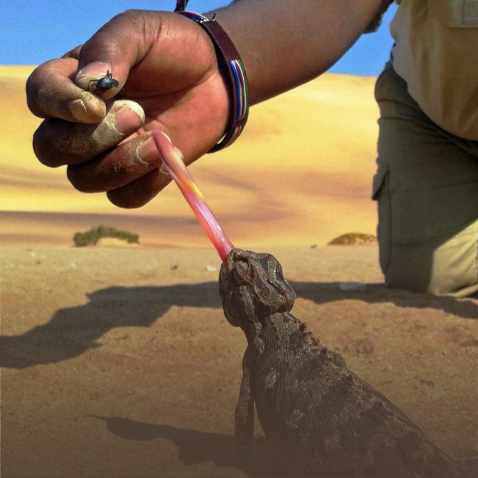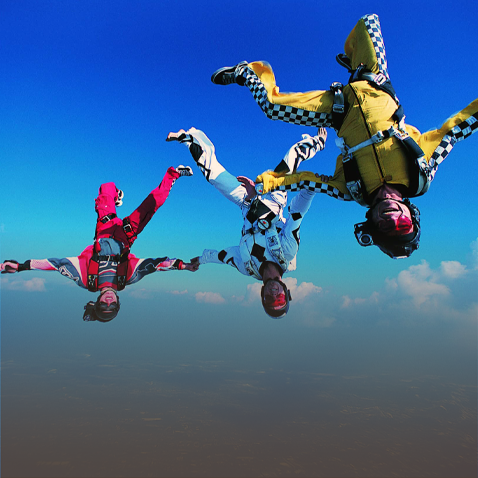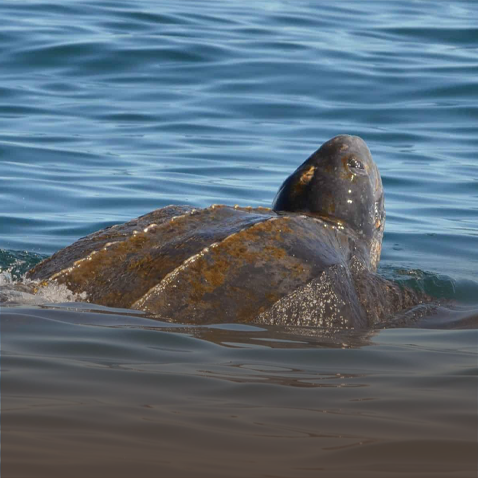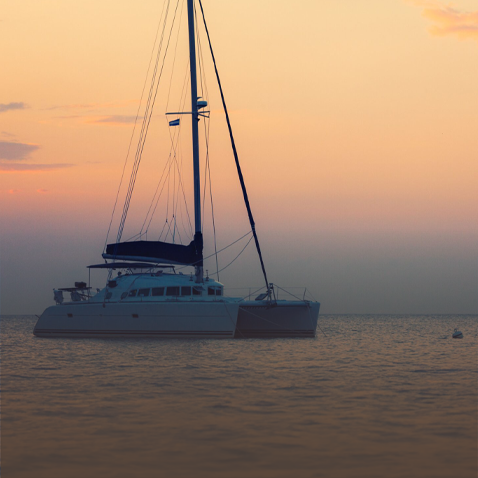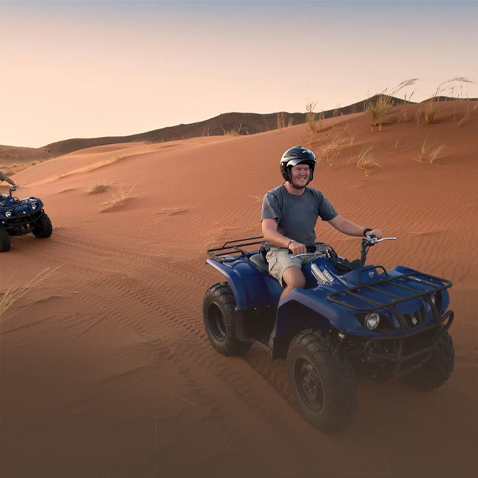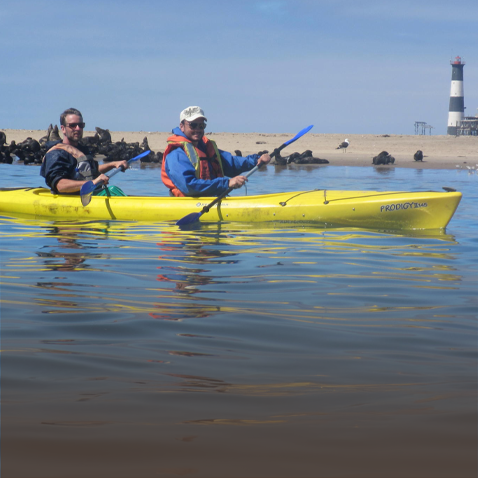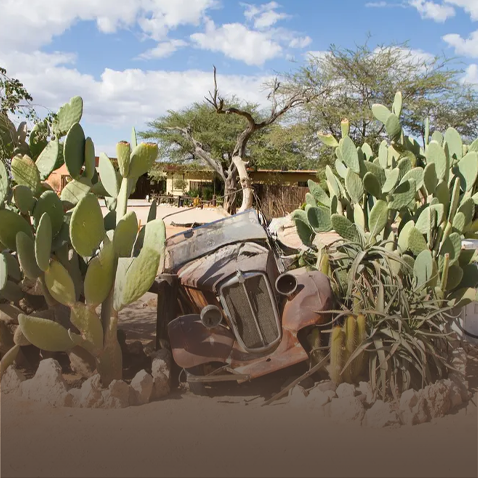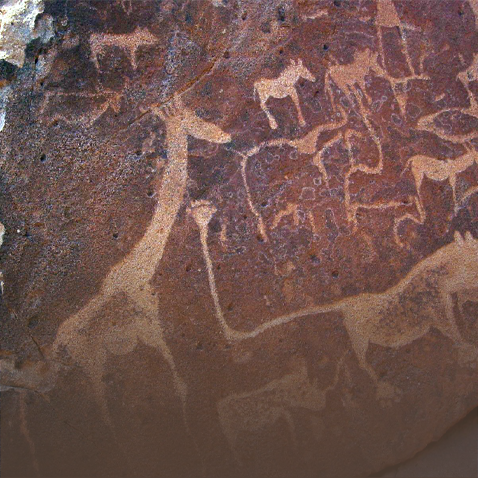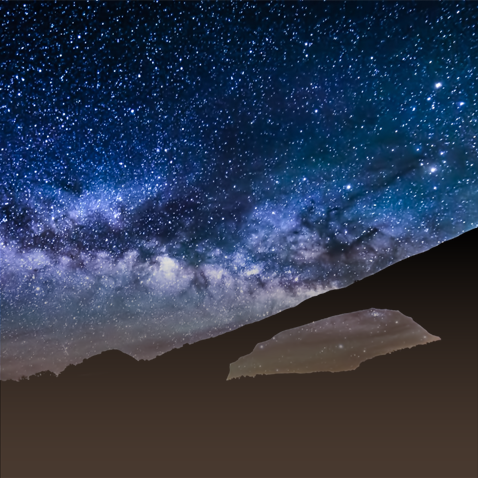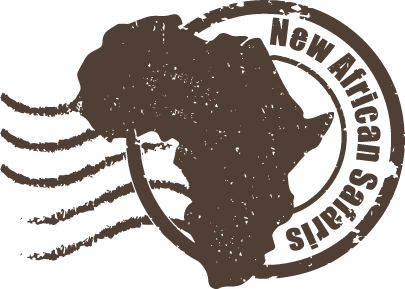Namibia Safaris and Tours, Your Way
Do you have dreams of escaping to a land of shifting red sands, exotic creatures and isolated people with fascinating customs? Then a trip to Namibia might be just what you need.
This former German colony – where 30 different languages are spoken – is the ultimate self-drive destination. With a classic self-drive Namibia safari package, a big part of the pleasure is the scenery on the drive itself and the places you find along the way.
However, Namibia is a huge country, and for those who have a bigger budget and want to see as much as possible in their available time may wish to fly between destinations.
New African Safaris can help you plan a Namibian safari tour for you that includes rental of a fully-equipped vehicle and campsite or lodge bookings, or a private guide and all road and air transfers.
OUR TOP 4 REASONS TO VISIT NAMIBIA
Cheetahs are another favourite for safari-goers in Namibia.
You’ll also find a more unique selection of desert animals, such as prancing springboks, majestic oryx (or gemsbok), bat-eared foxes and brown hyenas.
Come here to enjoy wide-open places filled with desolate beauty.
Come here to enjoy wide-open places filled with desolate beauty.
things to do in namibia
Namibia offers a diverse array of landscapes and natural wonders. The Namib Desert with its towering red dunes like Sossusvlei, is a photographer’s dream, while the Kalahari Desert offers a completely different experience and is rich in wildlife and cultural heritage. The coastline is known for its haunting beauty and the numerous shipwrecks and whale bones scattered along its shores.
Namibia is truly one of a kind and presents a unique collection of experiences you won’t find anywhere else.
With extensive experience in Namibia tours, New African Safaris can help you choose the best activities for your itinerary. See some of our favourite recommendations below.

